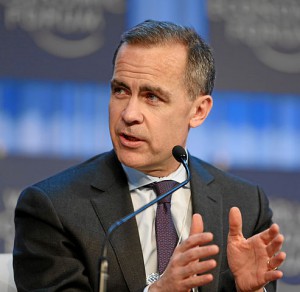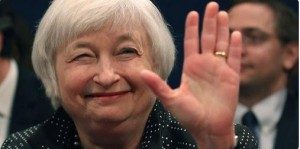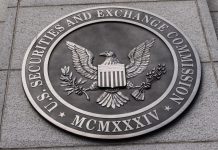Trend followers in the doldrums
 It seems that summer has come early for the currency market! Despite tumultuous events in the U.K. and events elsewhere usually associated with volatility, the market is in a strong consolidation phase.
It seems that summer has come early for the currency market! Despite tumultuous events in the U.K. and events elsewhere usually associated with volatility, the market is in a strong consolidation phase.
Sterling, which has suffered flash crashes brought about by liquidity drying up has hardly suffered at the hands of Euro which looks set for a strong rally yet cannot break resistance at 1.1280 and 0.8840.
The dollar index, which has seen three rate hikes this year has hardly managed to reach back to 98.00.
Is it liquidity that is killing volatility? The pragmatic amongst the trading community will see it as just that but are we really witnessing a complete change in the makeup of the market? Natural evolution would suggest that is the case since the provision of liquidity through online solutions has brought about a complete change in the market.
Spreads are continuing to tighten although this is a “false flag” for the retail market. The ability of banks to “move” massive sums is now available to a wider group when in the past only the top few trading banks had that capability.
Political events still prime driver
 Despite the overflowing liquidity, there are still events both political and economic that will be major market movers. It is just the meaning of the word major that has changed.
Despite the overflowing liquidity, there are still events both political and economic that will be major market movers. It is just the meaning of the word major that has changed.
In their search for value traders will start looking at “minor” currency pairs and crosses to provide value.
In the meantime, back in the mainstream it is the interest rate outlook rather than the political one that is driving the pound.
Following a fall to the bottom of its recent range after a seemingly dovish speech from BoE Governor Mark Carney, it rose as renowned hawk turned lame duck Kristin Forbes voiced concern over the weakness of the currency creating a permanent inflation issue.
Is the U.K. turning into a high inflation economy like Italy and Spain were before the advent of the Euro? Only time will tell.
Ms Forbes, replacement on the MPC is Professor Silvana Tenreyro. She had a dovish reputation when she was a member of the MPC of the Central Bank of Mauritius. Her opinion will be eagerly anticipated. She also has experience advising the Banque De France and Federal Reserve of Boston.
Last week of H1; What have we learnt?
 The U.S. rate hikes have been less to do with the economy, more about a potential bubble in the stock market. Janet Yellen has done her credibility no good by insisting that the hikes are dependent upon economic data then hiking following a weak employment report.
The U.S. rate hikes have been less to do with the economy, more about a potential bubble in the stock market. Janet Yellen has done her credibility no good by insisting that the hikes are dependent upon economic data then hiking following a weak employment report.
In politics, there is no such thing as a sure thing.
Theresa May called a General Election in the U.K. because she was potentially going to win a landslide victory. Polls told her this, her advisors confirmed it but the reality was something very different.
Black Swans are everywhere, yet they are surprisingly difficult to see.
In the U.S campaigning and Governing are two very different skills. Promising the earth is one thing delivering is a vastly different proposition. It could be that we are about to see that phenomenon cross the Atlantic.
And what of H2?
More politics, more interest rate discussions. Inflation; rife in U.K. benign in the U.S. and almost non-existent in the Eurozone.
The serene progress of the EU towards a political, social and economic Utopia should continue.
Risks? Politically, Angela Merkel not being returned for a fourth term. A collapse of the Italian Government. Socially, an upsurge in the migration issue. Economically, a failure of Greece to meet its commitments, the collapse of a major bank.
And then there is Brexit.

















